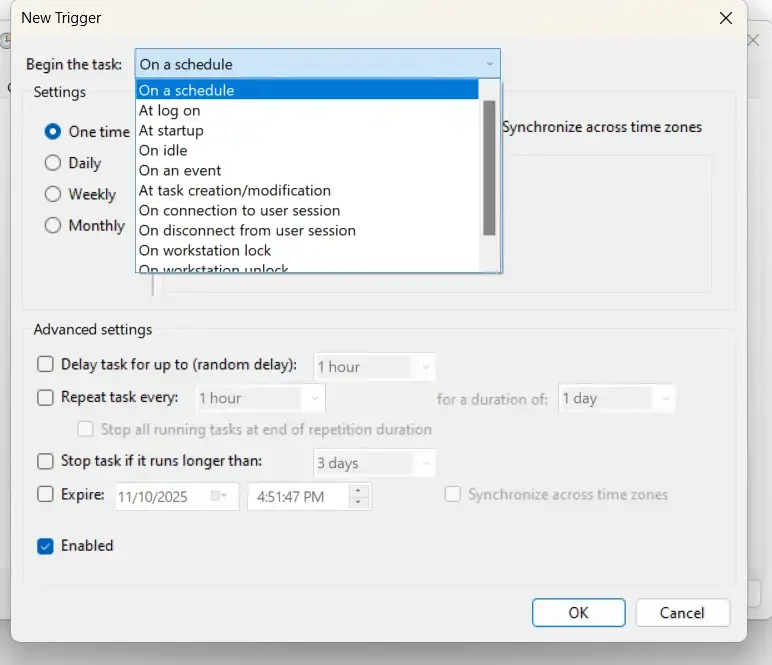

Single core workloads Intel still had the lead. But multi core (or just multi tasking) Zen 1 was a beast. By zen 2 there was hardly a reason to get Intel even for gaming, and especially at normal setups (nobody is using a top of the line GPU at 1080p). Even when you’re “just” playing a game you still have stuff running in the background, and those extra cores helped a lot.
Plus newer games are much more multi threaded than when zen first came out so those chips aged better as well.










Depending on what you’re trying to create blender is very easily beat by other programs. Almost every time a friend watches me use blender I’ll get hit with “this would be so much easier in fusion 360”